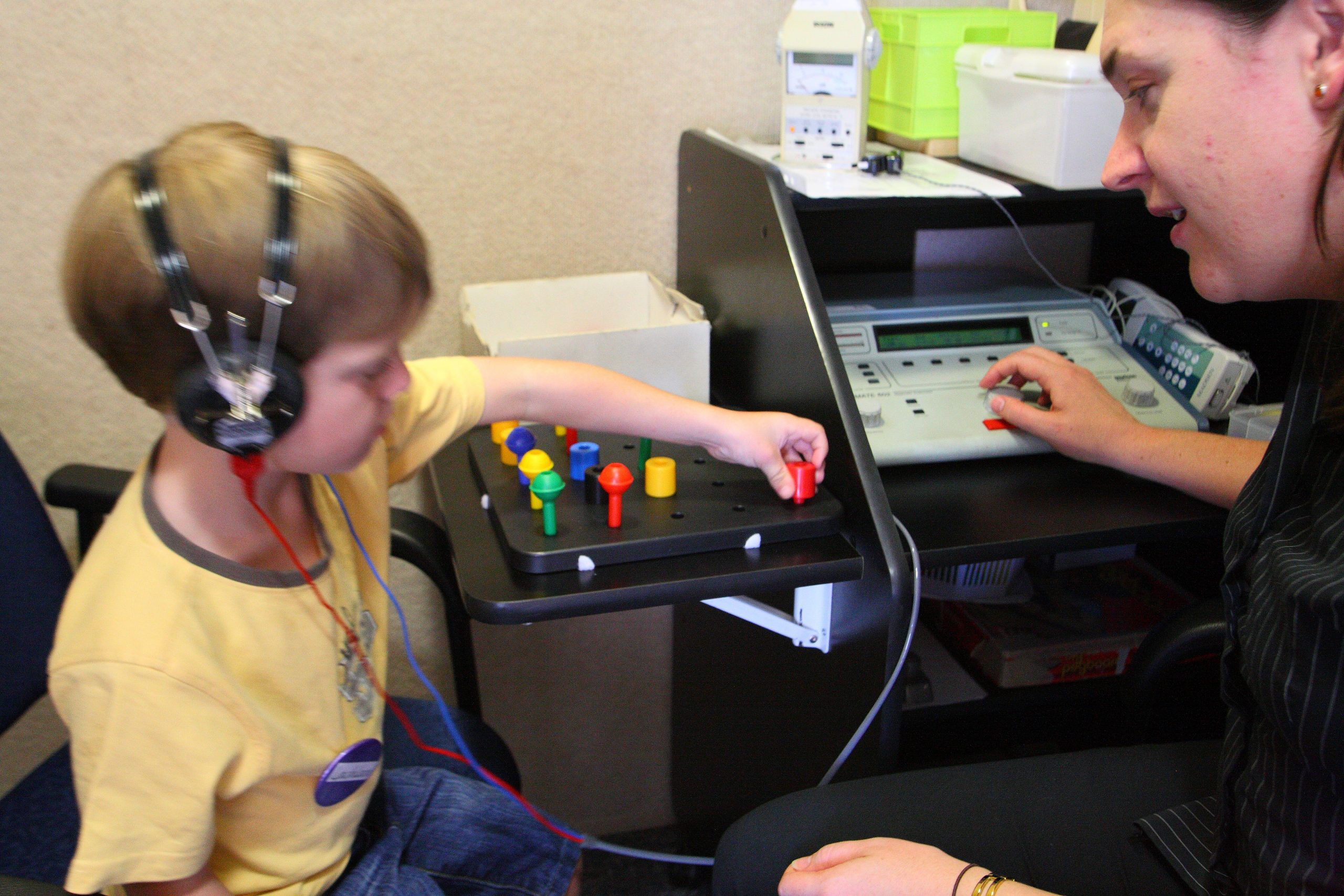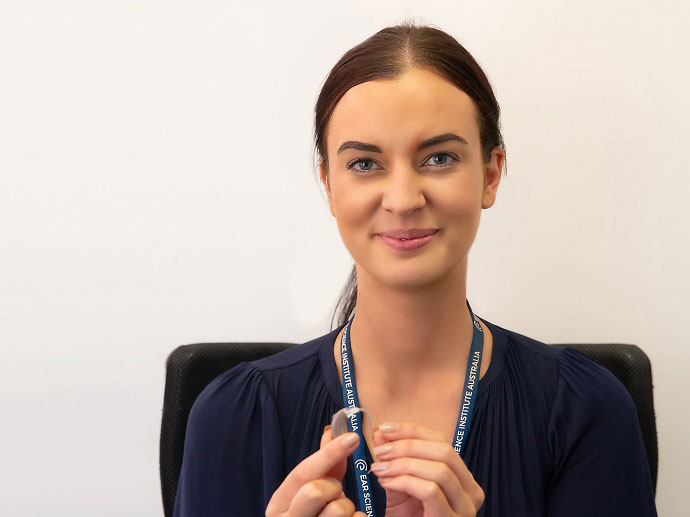
Hearing Loss in Babies and Children Can Have a Significant Negative Impact
Being in a language-rich environment, whether that is signed or spoken language, is essential for a child’s communication and language development.
For children learning a spoken language, hearing speech clearly is essential for understanding and speaking, as children imitate the sounds around them. For this reason, hearing is a crucial part of learning speech and language.
There are different types, severities and causes of hearing loss in children. Moderate hearing loss in children may cause a child to only miss out on a few sounds around them. However, significant hearing loss may cause a child to be completely unable to hear.
Temporary or Moderate Hearing Losses in children
Temporary hearing losses are common in young children and can be treated with medicine or surgery. A range of conditions, including ear infections, colds causing blocked ears, otitis media (glue ear), or foreign objects inserted into the ears, can cause children temporary or moderate hearing loss.
Consequences of Temporary or Moderate Hearing Loss in Children
If your child has a temporary or moderate hearing loss, their hearing loss can often be resolved without any medical treatment or intervention. Our qualified audiologists will monitor your child’s hearing and support your child in the pathway to better hearing. If your child’s hearing loss is persistent, our audiologists may refer your child to a GP for treatment with antibiotics. After receiving an assessment from a GP, if your child’s hearing loss persists, it may affect their speech and language development. Your child may need to be referred to an Ear, Nose and Throat specialist.
Permanent Hearing Losses In Children
Research indicates that only 1 in 1000 infants are expected to be born with a permanent hearing loss. Permanent hearing losses in babies and children can be assisted and improved through hearing aids or hearing implants such as cochlear implants or bone conduction implants. For children with permanent hearing loss, early intervention is essential. Children who receive early intervention have better language skills than those without. The critical time to intervene and assist your child’s hearing can be as early as six months. Early diagnosis, early intervention, and an early start on special education programs can help maximise a child’s hearing.
What Will Happen If My Child Has Permanent Hearing Loss?
Hearing solutions for permanent hearing loss in babies and children can depend on several factors, including your child’s ear structure and degree of hearing loss. Our team of paediatric audiologists specialise in hearing loss in children and will help find the best hearing solution for your child. Our expert audiologists will help diagnose your child’s hearing loss using state-of-the-art equipment. If your child does have a permanent hearing loss, they will be referred to one of our Ear Nose and Throat (ENT) surgeons and Australian hearing for amplification options. Our qualified audiologists are dedicated to supporting you and your child through every step of their hearing journey.
If your child has a permanent hearing loss, several devices can significantly improve their hearing, such as hearing aids, cochlear implants and bone conduction implants. Our Ear Science Implant Clinic offers a broad range of hearing implant options for children, including cochlear implants and bone conduction implants.
Does my child have hearing loss?
To check if your child may have a hearing loss, answer the questions below
Does your child ignore loud sounds or sudden noises?
Is your child unable to locate where sounds are coming from?
Is your child having delays or difficulties with making speech sounds?
Is your child having delays or difficulties with language?
Is your child not responding when called out too?
Does your child need you to repeat yourself often?
Does your child have difficulty listening when there is background noise?
Does your child have attention or behavioural difficulties?
Is your child having academic difficulties?
Does your child wait to watch what others are doing, rather than immediately acting after being given instructions?
Does your child respond inappropriately to questions?
Does your child have difficulty hearing on the phone in one or both ears?
Does your child turn up the volume of the TV excessively high?
Does your child complain of earaches, ear pain or head noises?
If you answered yes to a significant amount of the following questions your child may have a hearing loss and you should book an appointment at the Lions Hearing Clinic.
Note if you have answered yes to some or even all of these questions, it does not automatically mean your child has a hearing loss.
A diagnosis can only be made after undergoing a comprehensive hearing assessment.


